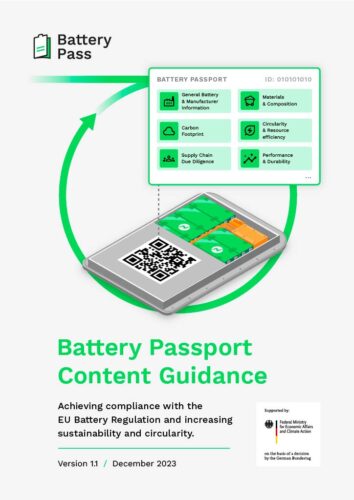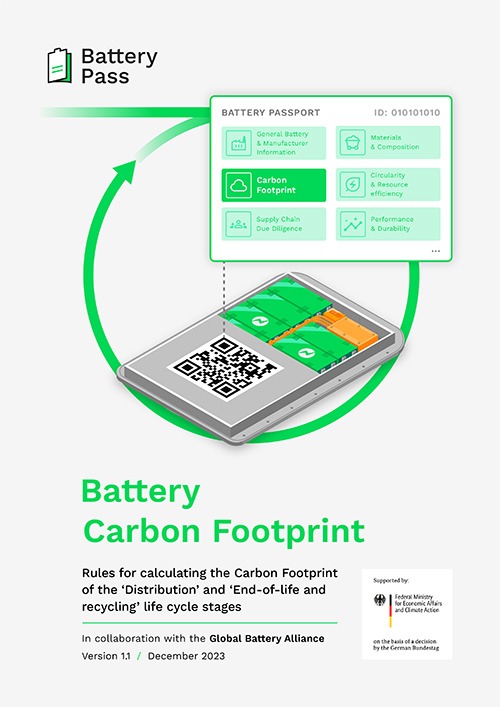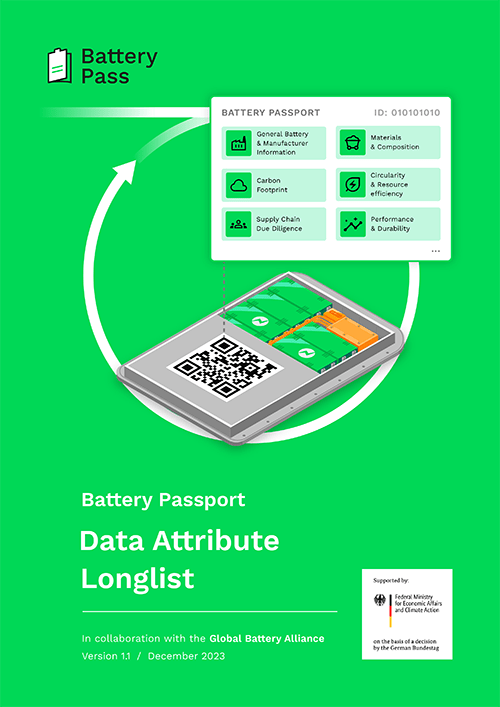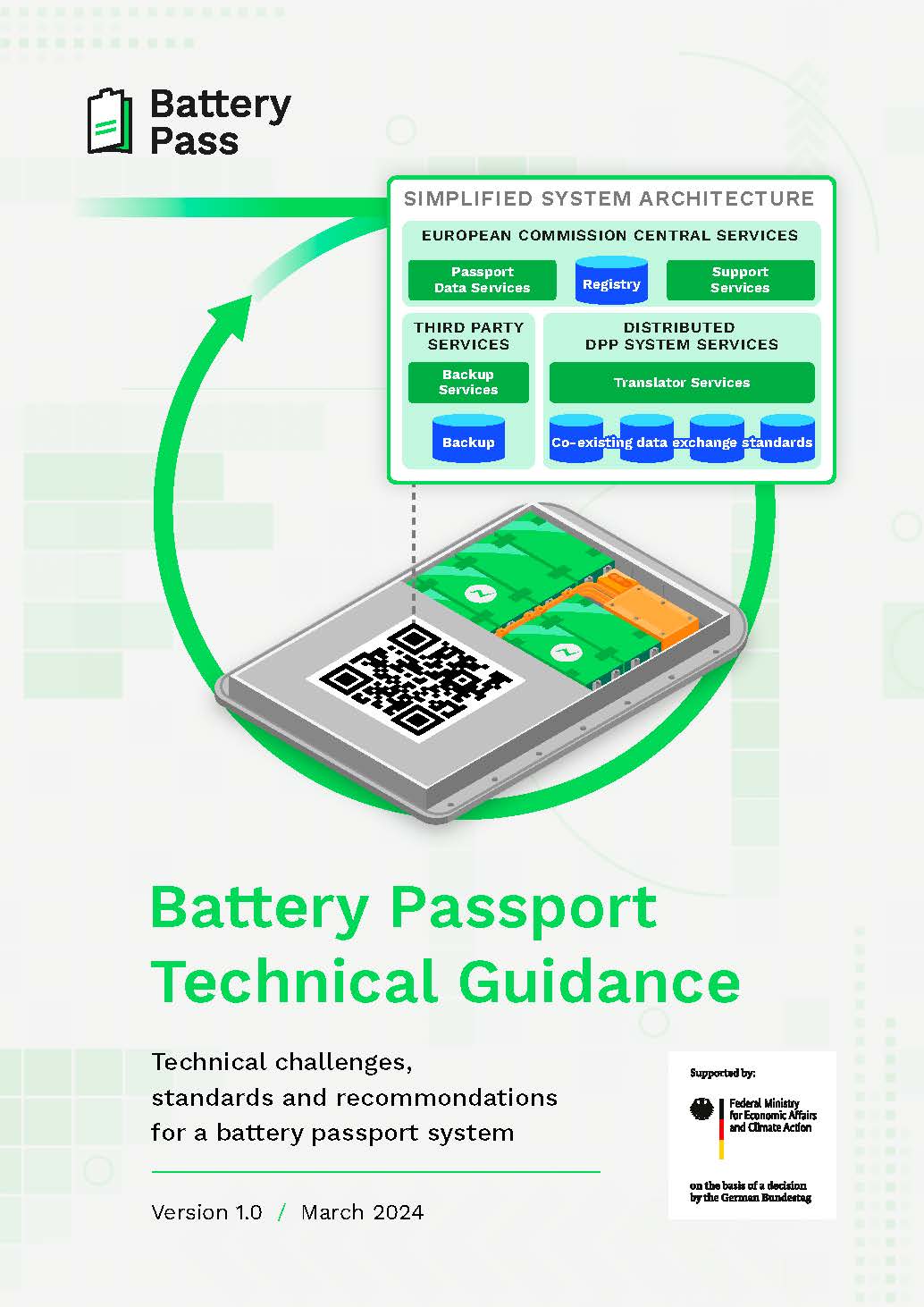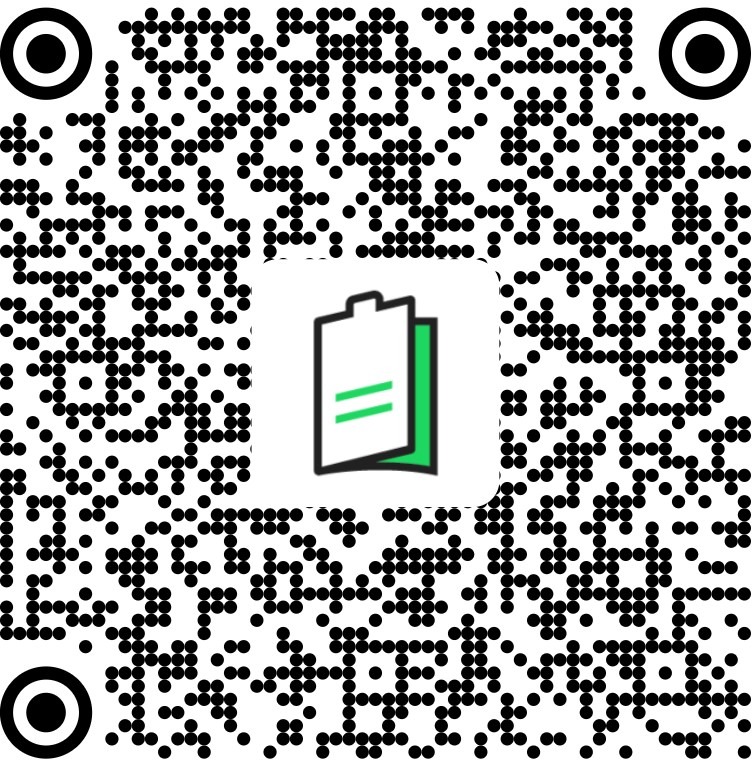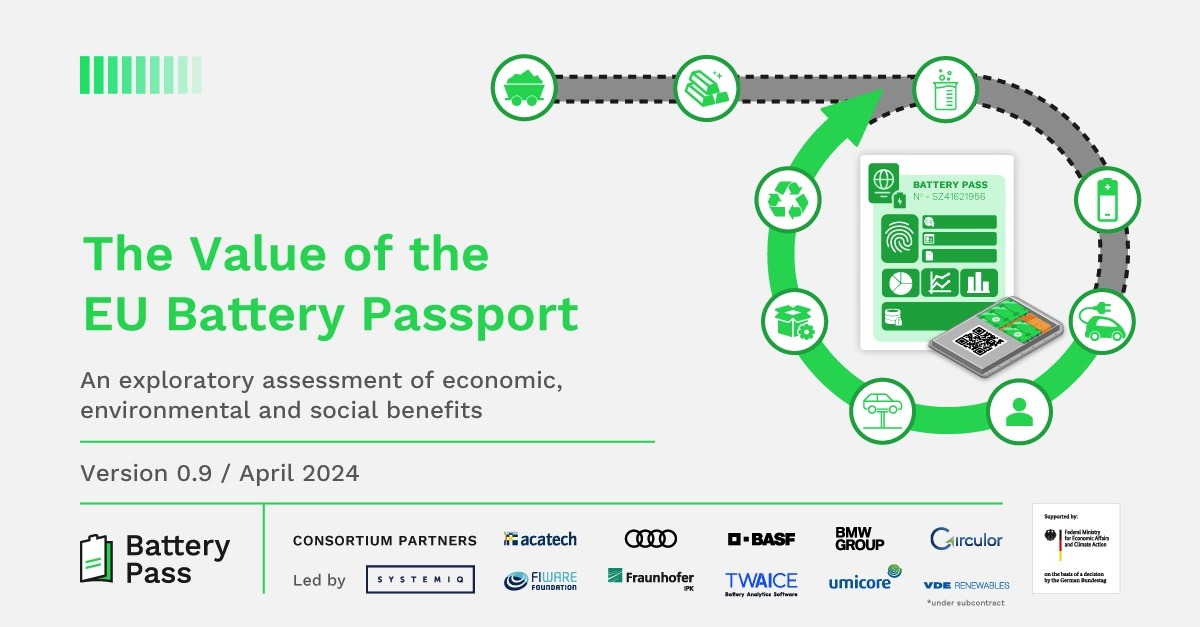Driven by the electrification of transportation and the deployment of batteries in electricity grids, global battery demand is expected to increase 6 fold by 2030 compared to 2022, and could be a €400bn sector by 2030.
The Battery Pass project works to advance the implementation of the battery passport in Europe and beyond
Battery Pass was set up to support the implementation of the digital battery passport in line with the requirements of the new EU Battery Regulation. This entered into force in August 2023 and mandates a digital battery passport for all light means of transport batteries, industrial batteries above 2 kWh, and electric vehicle batteries placed on the EU market from February 2027.
Introducing battery pass
 Led by Systemiq Deutschland GmbH and co-funded by the German Federal Ministry for Economic Affairs and Climate Action (BMWK), the Battery Pass consortium comprises eleven partners and a broad network of associated and supporting partners from across the battery and automotive value chains.
Led by Systemiq Deutschland GmbH and co-funded by the German Federal Ministry for Economic Affairs and Climate Action (BMWK), the Battery Pass consortium comprises eleven partners and a broad network of associated and supporting partners from across the battery and automotive value chains.
Running from April 2022 for three years, the Battery Pass consortium is helping the European industry meet the requirements of the EU Battery Regulation, thereby supporting the implementation of the battery passport in Europe and beyond.
We do this through:
- Developing a perspective on battery passport content requirements, tracking along the EU Battery Regulation;
- Identifying the technical requirements for the data infrastructure and evaluating the suitability of existing options;
- Building a software and physical demonstrator; and
- Assessing the battery passport’s value for business, society and the environment.
Helping organisations get ready for the EU Battery Passport
Battery Pass Content guidance
Battery Pass published the first content guidance on the EU Battery Passport, providing transparency and support for the industry and the wider battery passport ecosystem.
First released in April 2023 and updated in December 2023, the guidance reflects the final contents of the EU Battery Regulation and is complemented by an executive summary, a longlist of required data and an update of the Battery Pass rules for calculating the carbon footprint of the “Distribution” and “End-of-life and recycling” life cycle stages of batteries.
Battery Pass Technical Guidance and Software Demonstrator
In March 2024, we published the first battery passport technical guidance, which provides a comprehensive overview of the technical challenges and standards for the battery passport system. Critically, it also presents guidelines to help businesses prepare for their participation in the battery passport ecosystem.
This is complemented by a software demonstrator (demo link) which for the first time brings the concept of the battery passport to life through the entire lifecycle, and tests the technical feasibility of a digital product passport system.
New
Showcasing the value of the battery passport
To help businesses, policymakers and consumers better understand the benefits and challenges of battery passports, Battery Pass has released ‘The Value of the EU Battery Passport’.
Published in April 2024, it explores in detail where and how economic, environmental, and social value can be generated by the adoption of battery passports, which are required by the EU Battery Regulation in a bid to increase transparency, circularity and sustainability in the battery value chain. An assessment of the battery passport’s net value to the overall battery ecosystem will be released in September 2024.
The Battery Pass Consortium
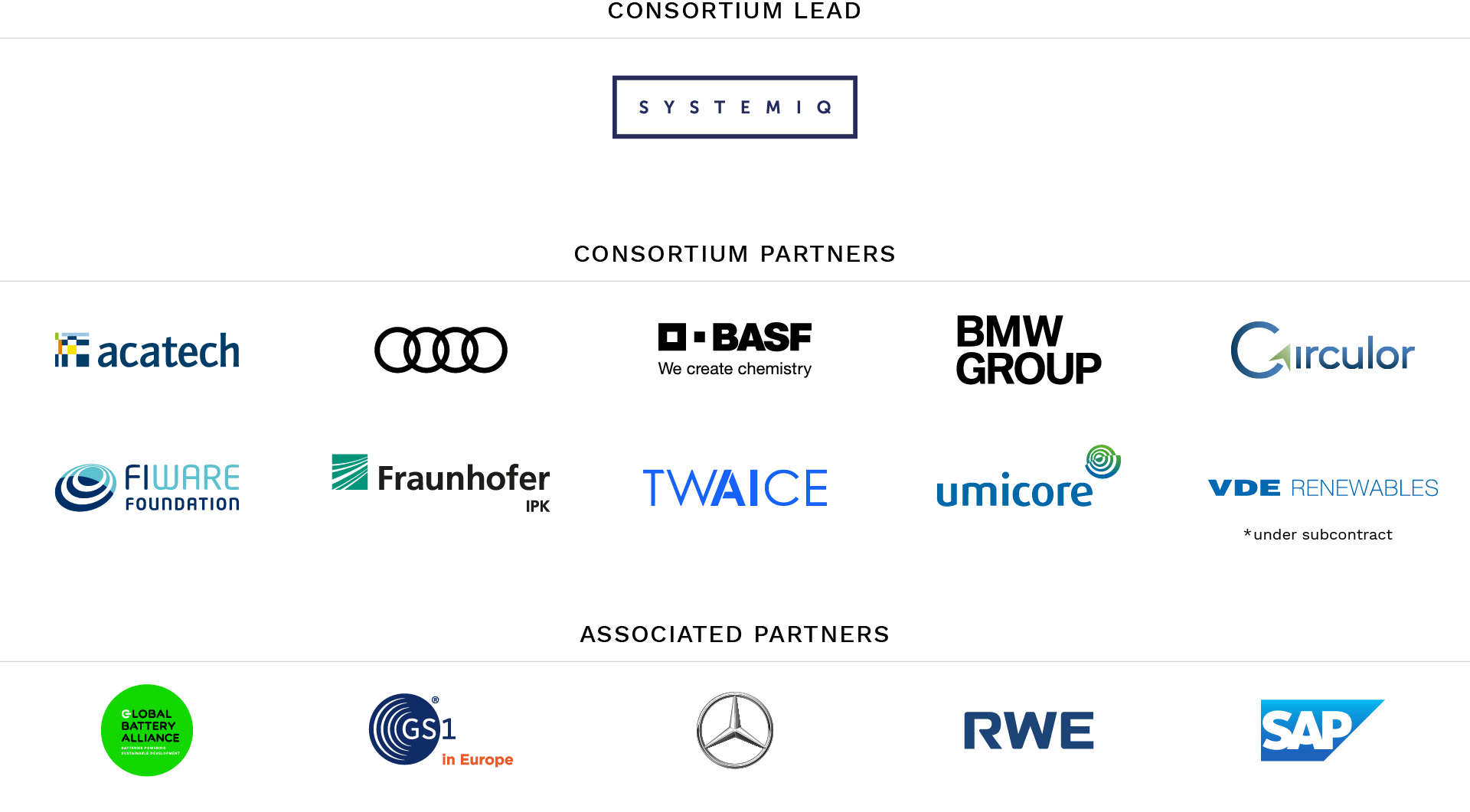
To maximise synergy with other initiatives, Battery Pass aligns and collaborates with the European Cirpass project, the Global Battery Alliance, Catena-X and others.
meet our team
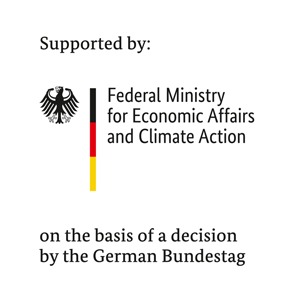
Battery Pass runs from April 2022 to April 2025. The project receives funding from the German Federal Ministry for Economic Affairs and Climate Action by resolution of the German Bundestag under grant agreement No BZF335.

